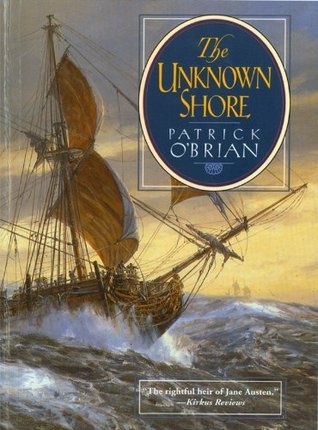What do you think?
Rate this book


313 pages, Kindle Edition
First published January 1, 1959
If Jack had been a hero of easy fiction he would have knocked the [chief] down [for beating and abusing a young woman who'd been kind to Jack]; but being no more than a half-grown mortal, still weak with starvation and exposure, and unarmed in an armed camp of the chief's own relatives, he turned away, his heart filled with impotent hatred -- hatred not only for the chief but for all bullying and domineering and for the whole brutish tradition whereby men, in order to show how manly they can be, affect to despise all pleasantness, kind merriment and civility, and concentrate upon being tough, as inhuman as possible, with the result that their lives are nasty, short and brutish, wholly selfish and devoid of joy; and not only their lives but the lives of all around them, particularly the weaker sort.